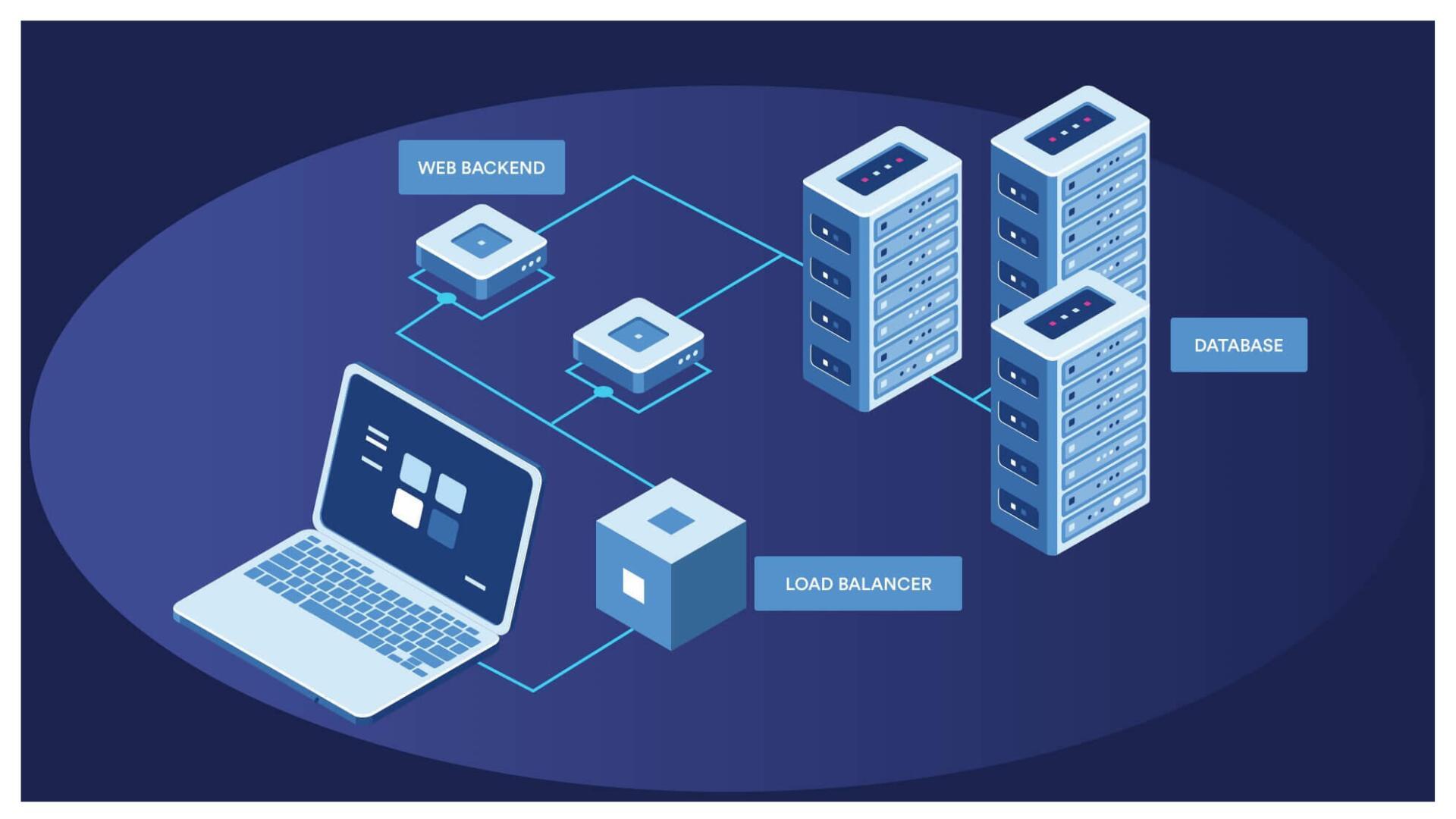In the digital age, data has emerged as the lifeblood of modern businesses, driving innovation, decision-making, and competitive advantage. However, the exponential growth of data presents significant challenges in terms of storage, processing, and management. In this landscape, cloud computing has emerged as a revolutionary solution, offering scalability, flexibility, and cost-effectiveness in handling vast amounts of data. As we delve into 2024, the power of cloud computing continues to evolve, reshaping the way organizations manage and leverage their data assets.
The Evolution of Cloud Computing:
Cloud computing has come a long way since its inception, evolving from a mere buzzword to a transformative force in the IT industry. Initially, cloud services primarily focused on providing storage and computational resources over the internet. However, with advancements in technology and infrastructure, cloud computing has expanded its capabilities to encompass a wide range of services, including data analytics, machine learning, and artificial intelligence.
One of the key drivers behind the rapid adoption of cloud computing is its inherent scalability. Unlike traditional on-premises infrastructure, which requires upfront investments in hardware and software, cloud services allow organizations to scale their resources dynamically based on demand. This elasticity not only improves operational efficiency but also enables businesses to respond quickly to changing market conditions.
Moreover, cloud computing offers unparalleled flexibility, allowing organizations to choose from a variety of deployment models, including public, private, and hybrid clouds. This flexibility enables businesses to tailor their IT infrastructure to suit their specific needs, whether it’s compliance requirements, performance optimization, or cost considerations.
Revolutionizing Data Management:
At the heart of the cloud computing revolution lies its transformative impact on data management. In the past, organizations struggled with the complexities of storing, processing, and analyzing large volumes of data. Traditional data management solutions often proved inadequate in meeting the demands of today’s data-driven enterprises.
Cloud computing has changed the game by providing scalable, on-demand access to storage and computing resources. With cloud-based storage services such as Amazon S3, Google Cloud Storage, and Microsoft Azure Blob Storage, organizations can securely store petabytes of data without worrying about hardware limitations or infrastructure maintenance.
Furthermore, cloud computing has democratized access to advanced data analytics tools and technologies. Platforms like Google BigQuery, Amazon Redshift, and Microsoft Azure Synapse Analytics offer powerful capabilities for processing and analyzing data at scale. By leveraging these cloud-based analytics services, organizations can gain valuable insights from their data, driving informed decision-making and unlocking new business opportunities.
Another area where cloud computing is revolutionizing data management is in the realm of data integration and orchestration. With the rise of hybrid and multi-cloud environments, organizations are faced with the challenge of integrating data from disparate sources spread across various platforms and environments. Cloud-based integration services such as Apache Kafka, Amazon Kinesis, and Azure Data Factory provide scalable and reliable solutions for orchestrating data flows across different systems and environments.
Furthermore, cloud computing is driving innovation in the field of data governance and security. Cloud providers invest heavily in implementing robust security measures to protect customer data from unauthorized access, data breaches, and other security threats. Additionally, cloud-based data governance tools enable organizations to enforce data policies, ensure regulatory compliance, and maintain data quality across their entire data ecosystem.
Looking Ahead:
As we look ahead to the future, the potential of cloud computing in revolutionizing data management is limitless. Emerging technologies such as edge computing, 5G networks, and serverless computing promise to further enhance the capabilities of cloud-based data management solutions. Moreover, advancements in artificial intelligence and machine learning will enable organizations to extract even deeper insights from their data, driving innovation and competitive advantage.
However, along with the opportunities, cloud computing also brings new challenges and considerations, such as data privacy, vendor lock-in, and regulatory compliance. Organizations must carefully evaluate their cloud strategies and choose the right mix of services and providers to address these challenges effectively.
In conclusion, cloud computing has emerged as a game-changer in the world of data management, offering scalability, flexibility, and innovation at unprecedented levels. By embracing cloud-based data management solutions, organizations can unlock the full potential of their data assets and stay ahead in today’s digital economy. As we continue to push the boundaries of technology, the power of cloud computing will undoubtedly continue to revolutionize data management for years to come.
